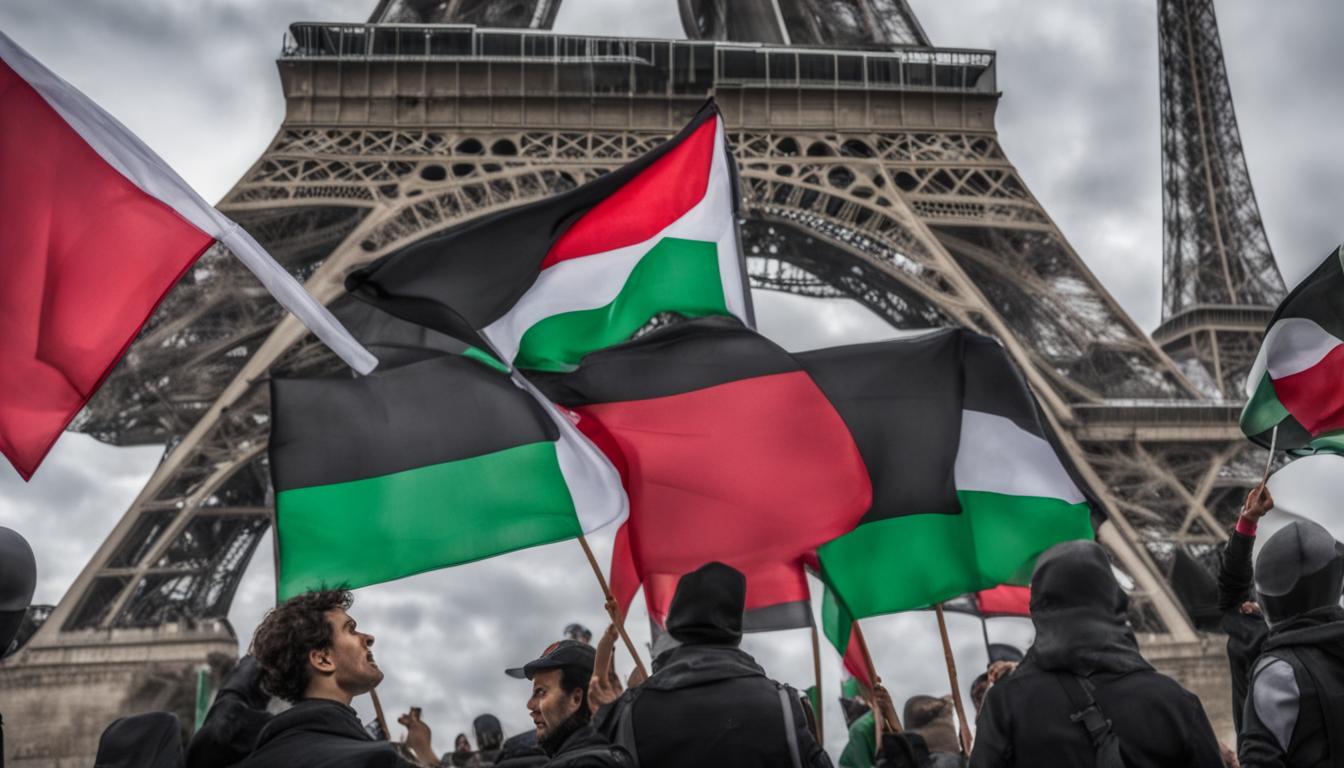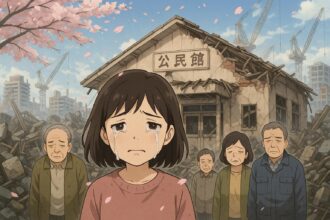A protest near the Paris Olympics headquarters called for the exclusion of Israeli athletes from the 2024 Summer Games, citing precedents set by the exclusion of Russian and Belarusian competitors.
Pro-Palestinian demonstrators recently congregated near the headquarters of the Paris Olympics organizers to call for restrictions on Israel’s participation in the 2024 Summer Games. The protest, which took place in Paris, saw around 300 individuals waving Palestinian flags, spurred by Israel’s actions in Gaza. The demonstrators referenced the ban on Russian and Belorussian athletes post-Ukraine invasion as a precedent to argue for similar restrictions on the Israeli team. Nicolas Shahshahani, from the EuroPalestine activist group, spoke on this comparison. Despite these protests, French President Emmanuel Macron has supported the participation of Israeli athletes under their national flag, following an offensive in Gaza.
The Paris Olympics are scheduled from July 26 to August 11, with the Paralympics following from August 28 to September 8. The events mark the centenary of the last Paris Games, aiming to be the first ‘Games Wide Open’, as articulated by the President of the Paris Olympics, Tony Estanguet. The BBC will broadcast the games in the UK.
In related news, tensions have escalated between Israel and Gaza, with Israeli Prime Minister Benjamin Netanyahu declaring an impending invasion of Rafah in Gaza. This move defies international calls for restraint, including from US President Joe Biden and the UN Secretary General, who have both highlighted the severe humanitarian implications for Rafah’s population.
Domestically in France, controversies have also arisen around educational institutions. The Île-de-France regional leader Valérie Pécresse temporarily halted funding to Sciences Po after pro-Palestinian protests at the university, prompting criticism from various political and activist circles, arguing that the decision unfairly targets student activism.
The interplay of these events underscores ongoing geopolitical tensions and domestic debates surrounding freedom of expression and international sporting participation.













